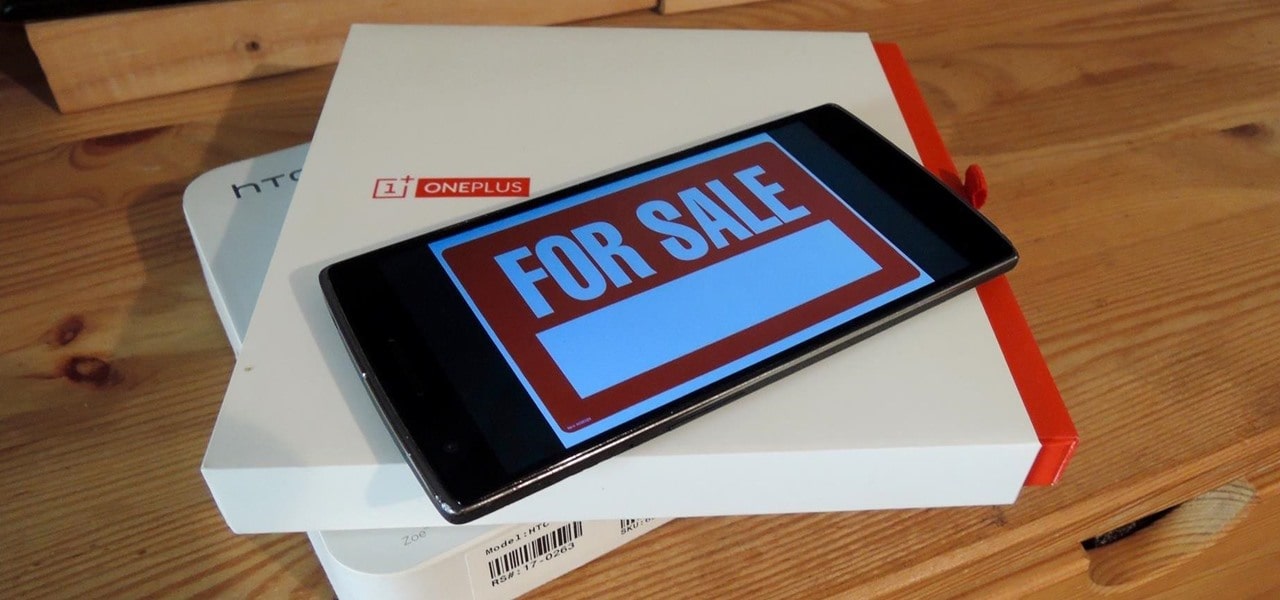So, you “delete” your data, but what happens to those “deleted” files? Time ago, I deleted some pictures in my old iPhone because I was running out of space, but I was shocked when I bought a new iPhone, and then all those "deleted” pictures suddenly came back to my phone. I was in doubt about if I had sold my phone without wiping data because I only deleted data, but it could just appear in my old phone just as it happened to me. Fortunately, I had no confidential or private data, but at this point, I feel afraid about how harmful an event like this could be.
I started my research trying to find answers to my hundreds of questions about mobile data erasure. First, I finally found that my data was not deleted well, and for this reason, it came back because it was never deleted at all. I also found a couple of stories of people who had been under the same problem, and I got particularly interested in one of those comments.
Alice's old phone stopped working, so she took it back to the store, and the company gave her a refurbished phone as a replacement. Things turned interesting when Alice turned on the smartphone and discovered the previous owner's data; there were personal and work information, social media accounts, and a list of contacts.
No matter who has the responsibility of erasing data, private information is now in someone else hands, and the user will remain affected. If you are about to return your phone to a retailer company, ask for a detailed and documented policy for how they’ll manage mobile devices and safeguard mobile data.
If you are about to return, sell, donate, or repurpose your mobile device, please wipe all data on it. Also if you are selling, donating, or repurposing your mobile device, please let an expert certified and performed this work. ITAD Companies are certified in this kind of job, they provide a data erasure certificate to ensure that the work was correctly done.

